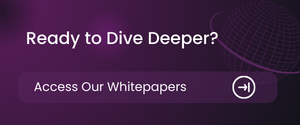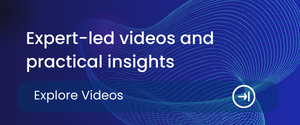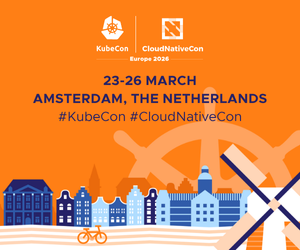OpenText, a global leader in enterprise information management, has been driving digital transformation for decades. With a suite of Business Clouds, Business AI and Business Technology solutions, OpenText helps organizations solve global problems and manage information at scale.
In the last few years, OpenText has expanded its portfolio, particularly in cybersecurity, artificial intelligence, and cloud-native development. Innovation is evident in the regular Cloud Editions (CE) releases, the latest being CE 25.2, which brings new features across the product lines.
Titanium X: The next evolution in DevOps
OpenText’s Titanium X, the latest iteration of their DevOps Cloud solution, is designed to break through the bottlenecks of traditional software delivery and redefine the rules of legacy systems.
Titanium X is the culmination of a 2-year innovation journey from CE 23.2 to CE 25.2, bringing AI-driven features that will change the way teams approach DevOps.
At its core, Titanium X addresses the common pain points in software development: slow manual processes, disjointed toolchains and the ever present challenge of security throughout the development lifecycle.
AI-powered deployment and testing
One of the key features of Titanium X is AI-powered deployment, which can accelerate the software delivery process by up to 50%. This is achieved by automating code checks, approvals, and test coverage, so teams can deploy faster without compromising on quality. The system can automate up to 95% of testing, so development is further streamlined, reducing manual testing and downstream code changes.
Meet the DevOps Aviator
The DevOps Aviator, a component of Titanium X, uses AI to reimagine application development. It has features like instant test case generation, which boosts developer productivity. With a few clicks, engineers can create comprehensive test cases within the OpenText Core Software Delivery Platform, speeding up the testing phase of development.
Integration is another area where Titanium X shines. The platform has new pre-built integrations with popular tools like GitHub Copilot, SAP CharRM and GitLab, and open APIs to connect to other development tools. This has resulted in a 50% reduction in CI/CD pipeline failures, as teams can now work in a more cohesive and streamlined environment.
Security, a concern in rapid development cycles, is tackled head-on in Titanium X. The platform moves security checks earlier in the development process and automates compliance checks so you catch vulnerabilities before they hit production.
The future of DevOps with OpenText
The impact of Titanium X goes beyond speed and efficiency. The AI has reduced the time to find the root cause of an issue from hours to seconds. So developers can fix the issue instead of spending time finding it.
OpenText doesn’t stop innovating with Titanium X. The company is investing in new technologies, as seen with the recent launch of OpenText Core Threat Detection and Response, an AI-powered cybersecurity solution integrated with Microsoft security tools. This holistic approach to enterprise software development and security puts OpenText at the forefront of digital transformation.
For organizations that want to stay ahead of the software development curve, embracing AI-driven DevOps tools like Titanium X may be the key to unprecedented levels of productivity, quality, and innovation in their software delivery process. As OpenText continues to evolve, the promise of a limitless digital workforce powered by AI gets closer and closer.









